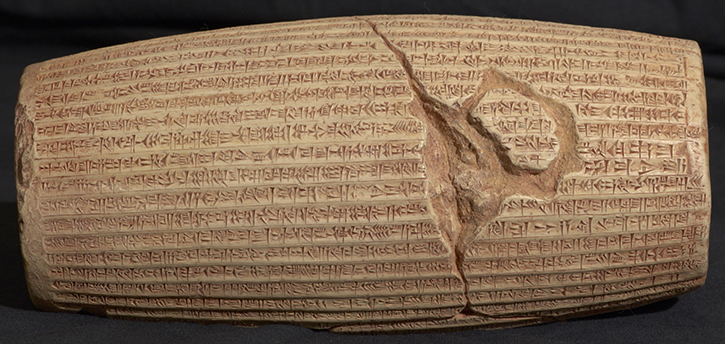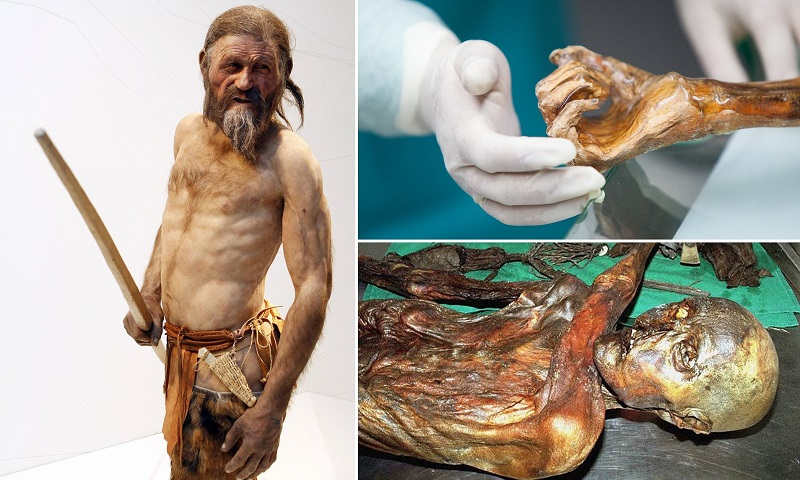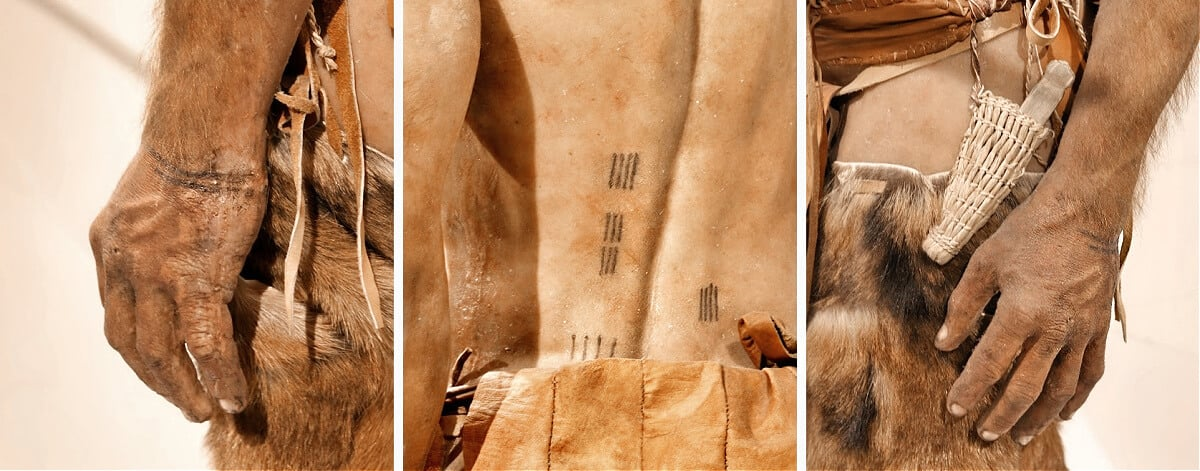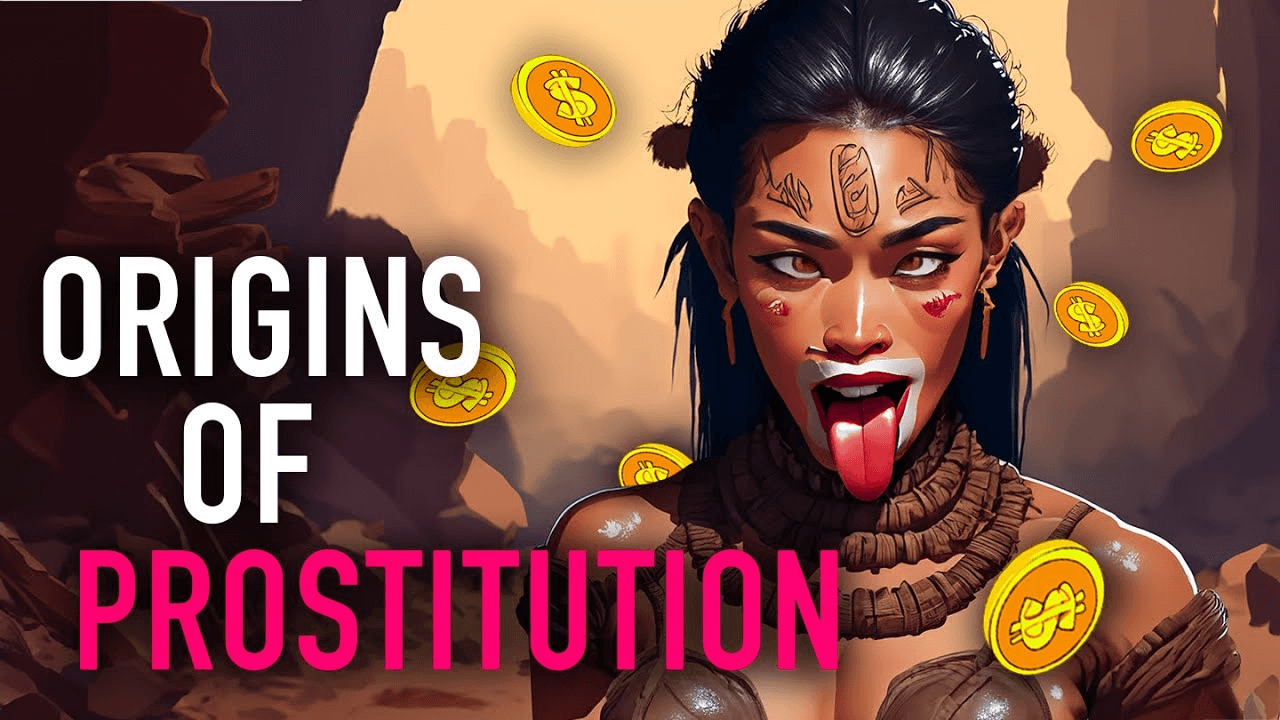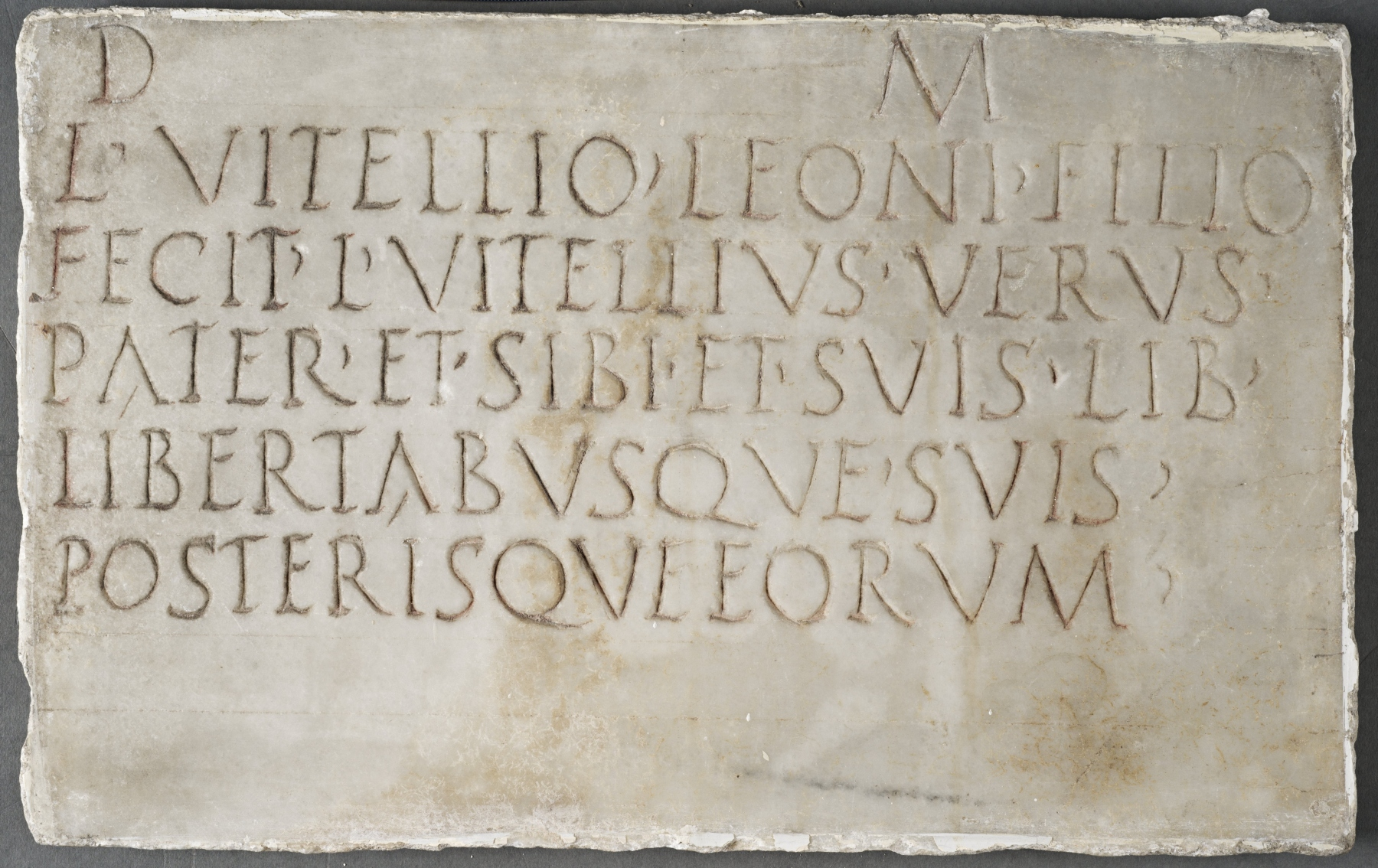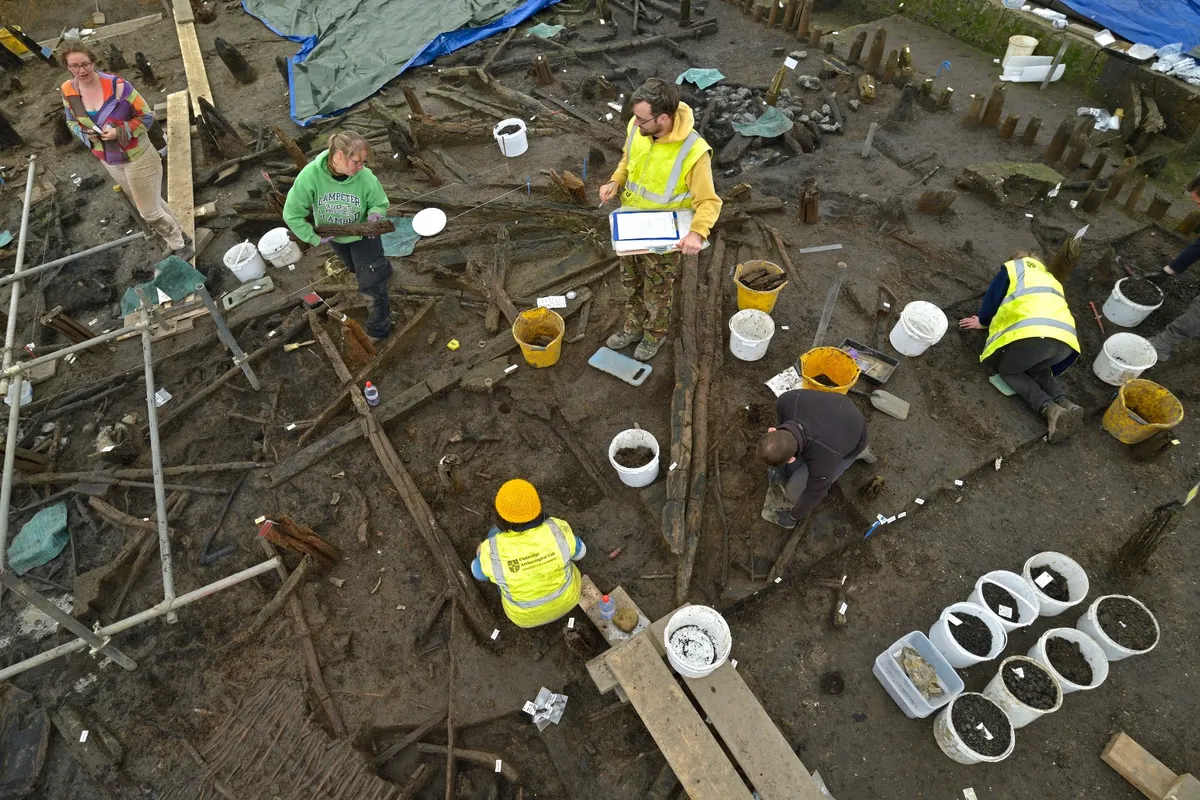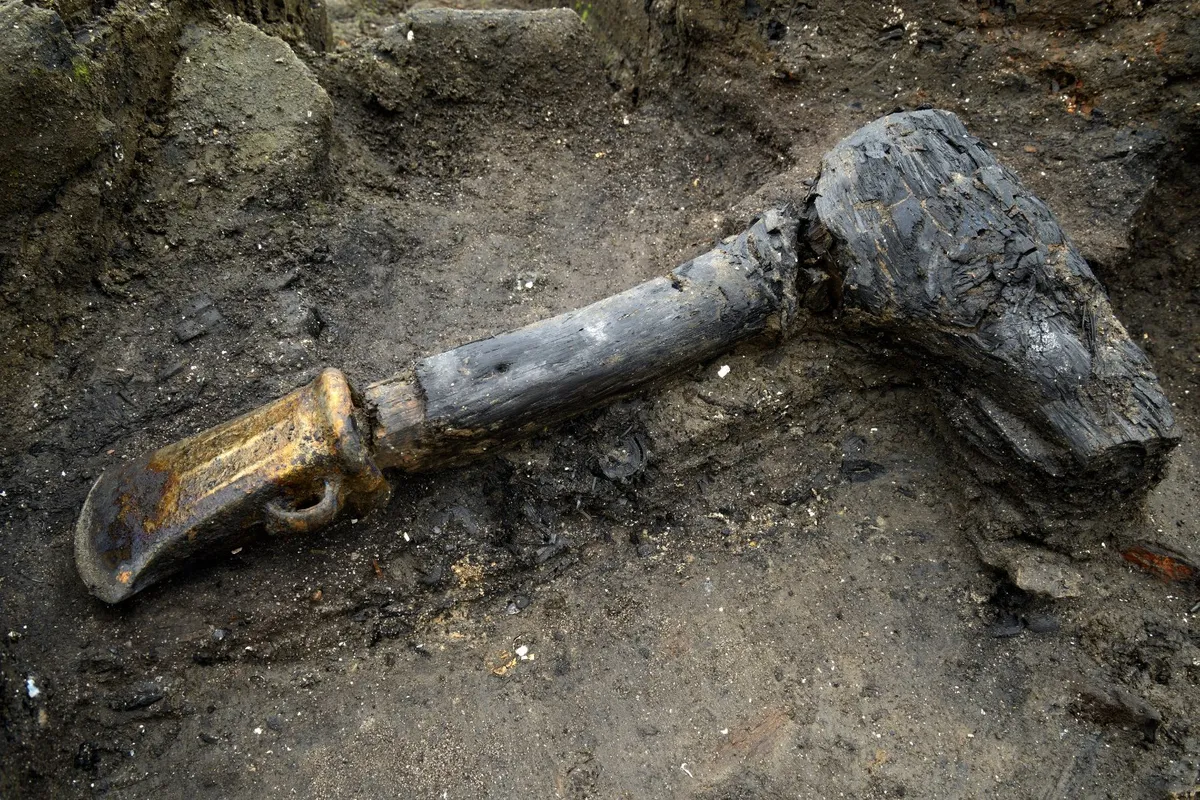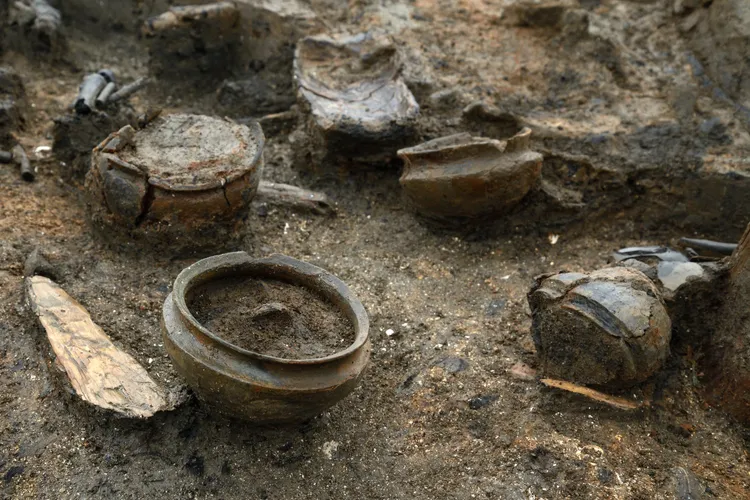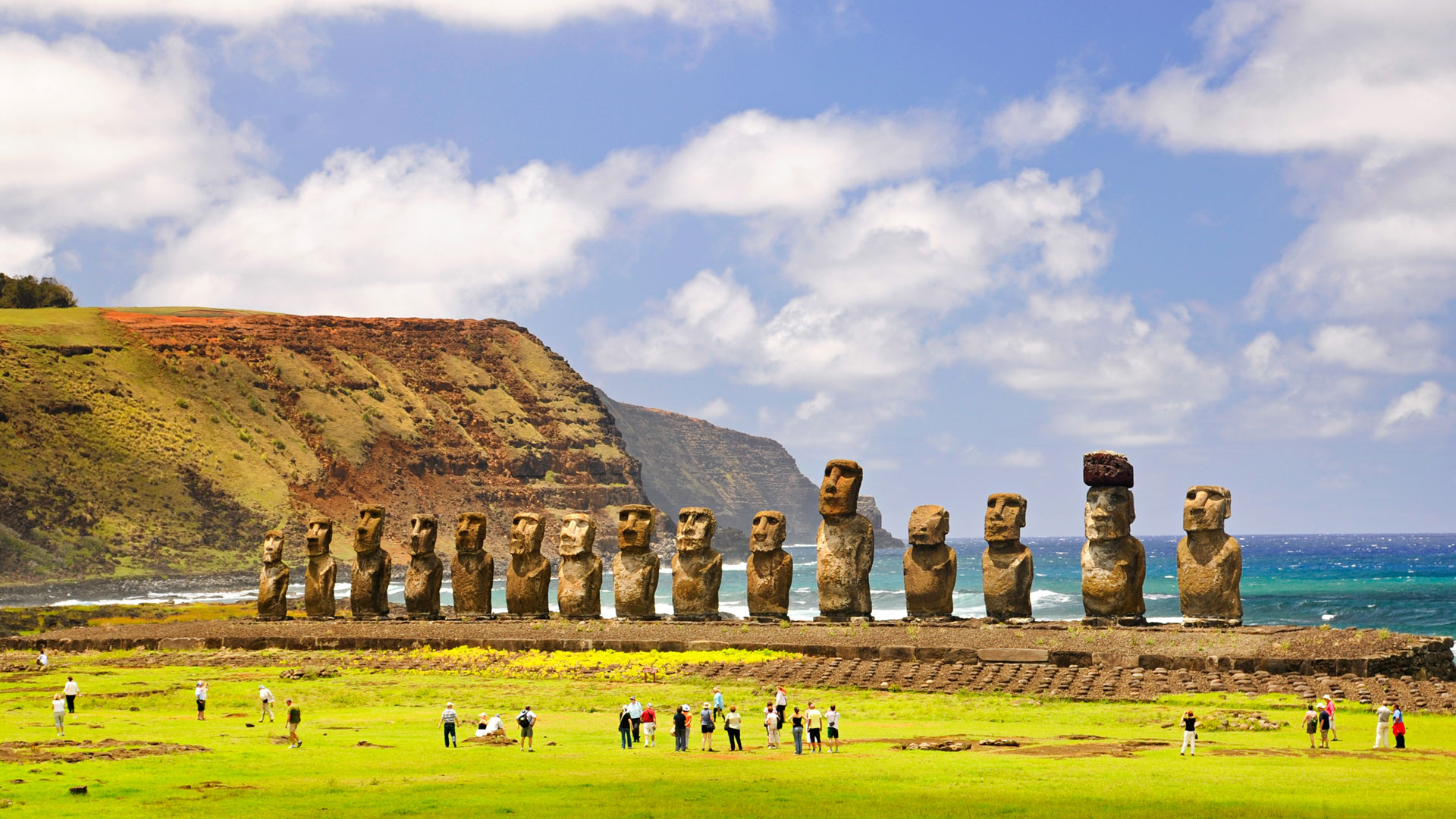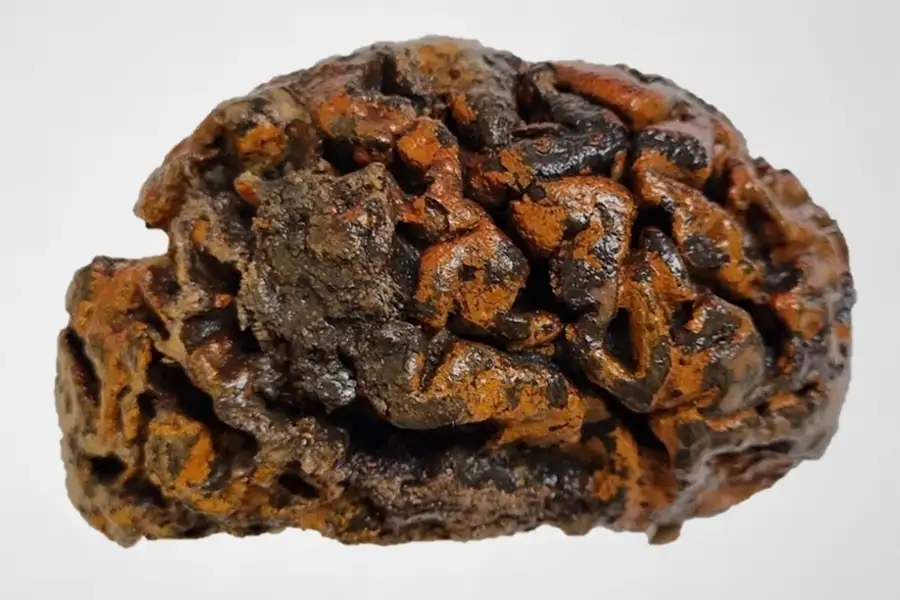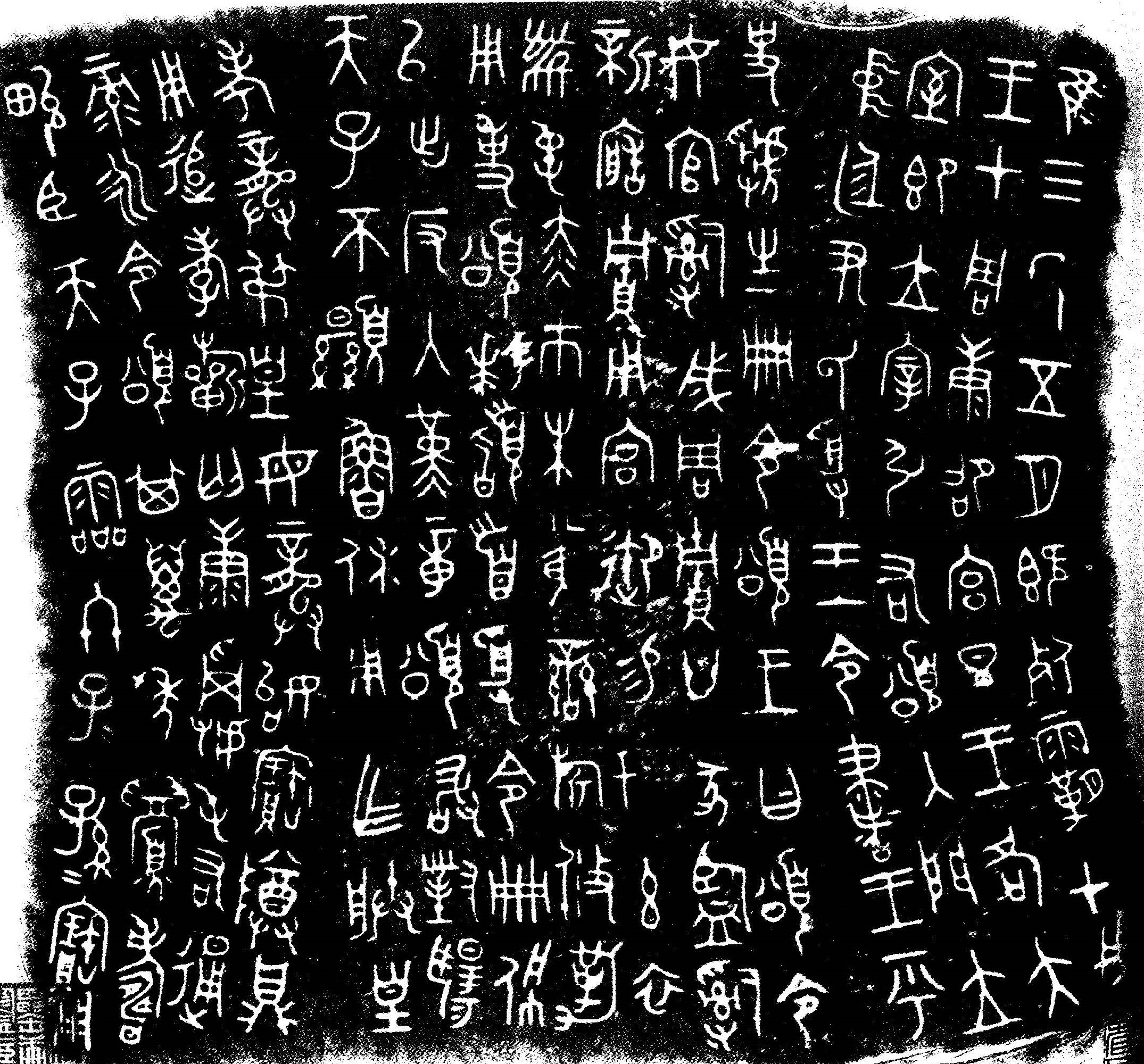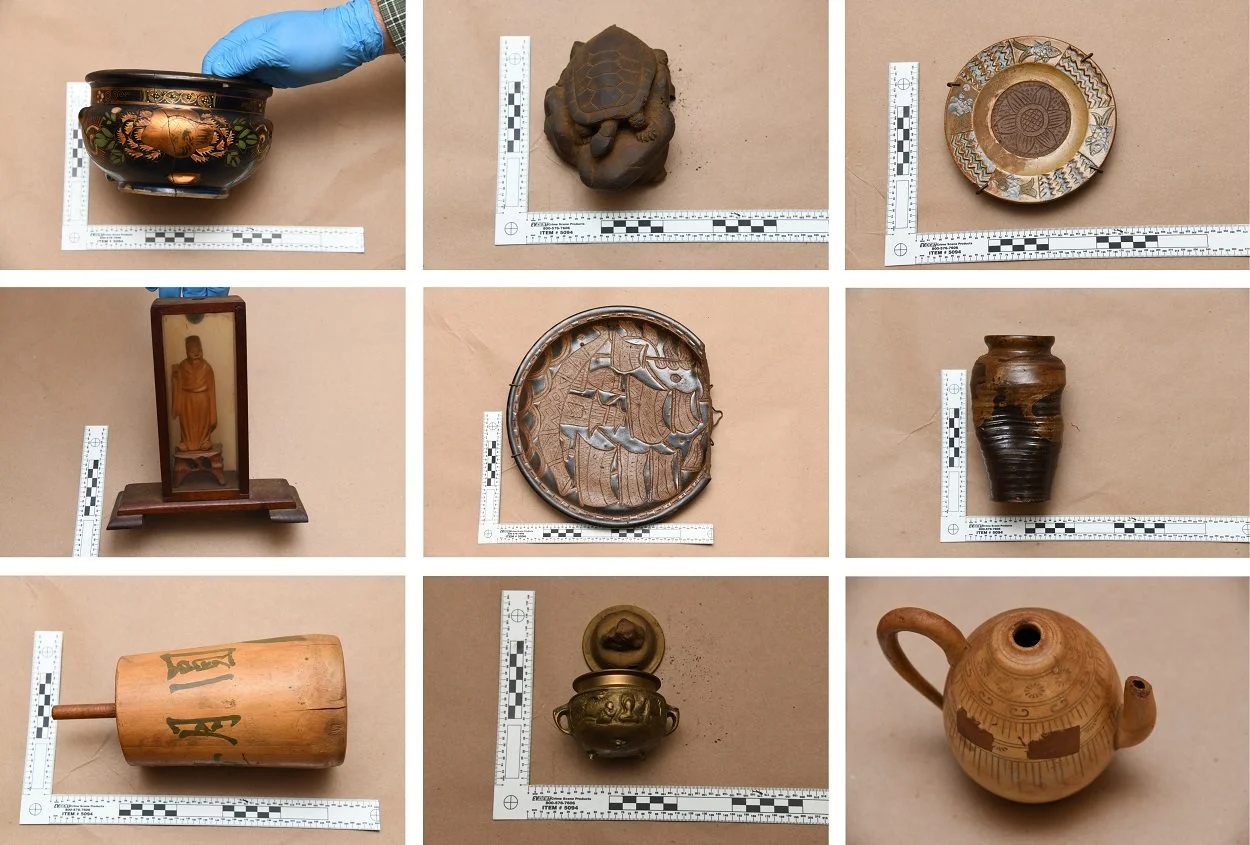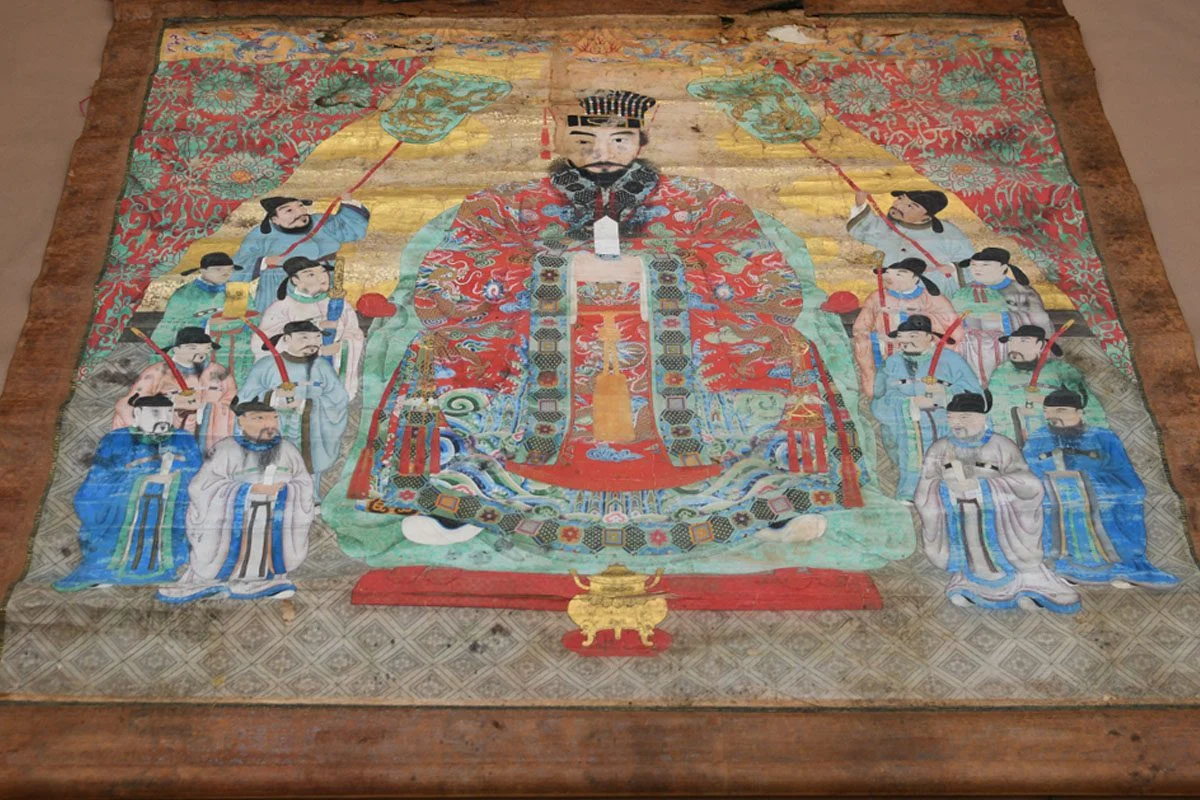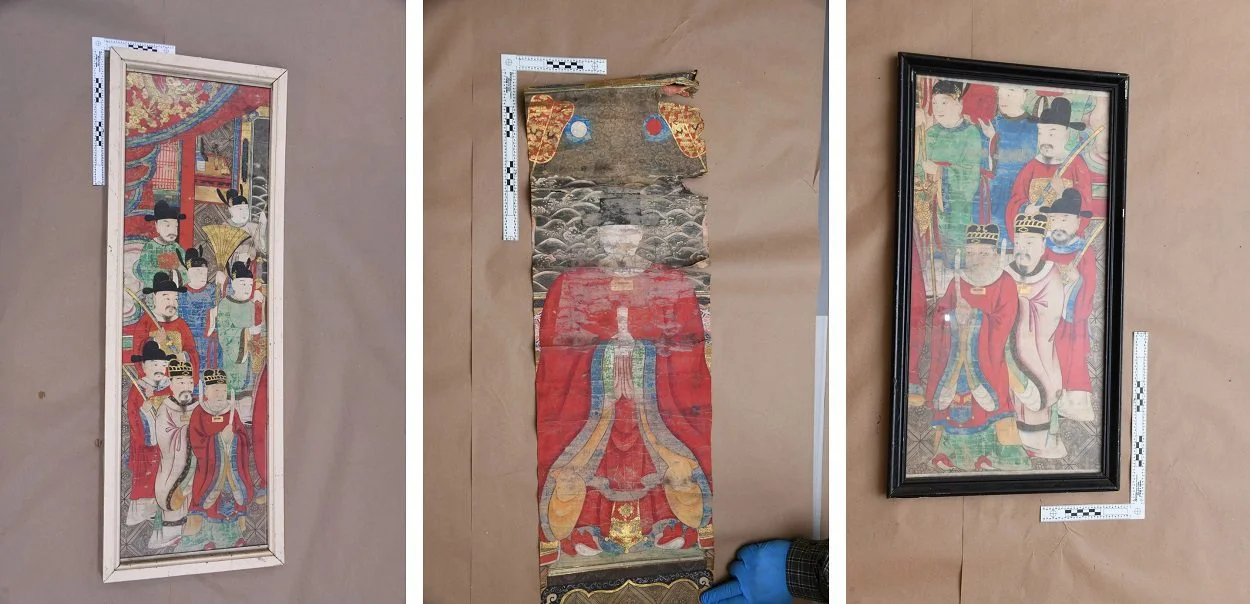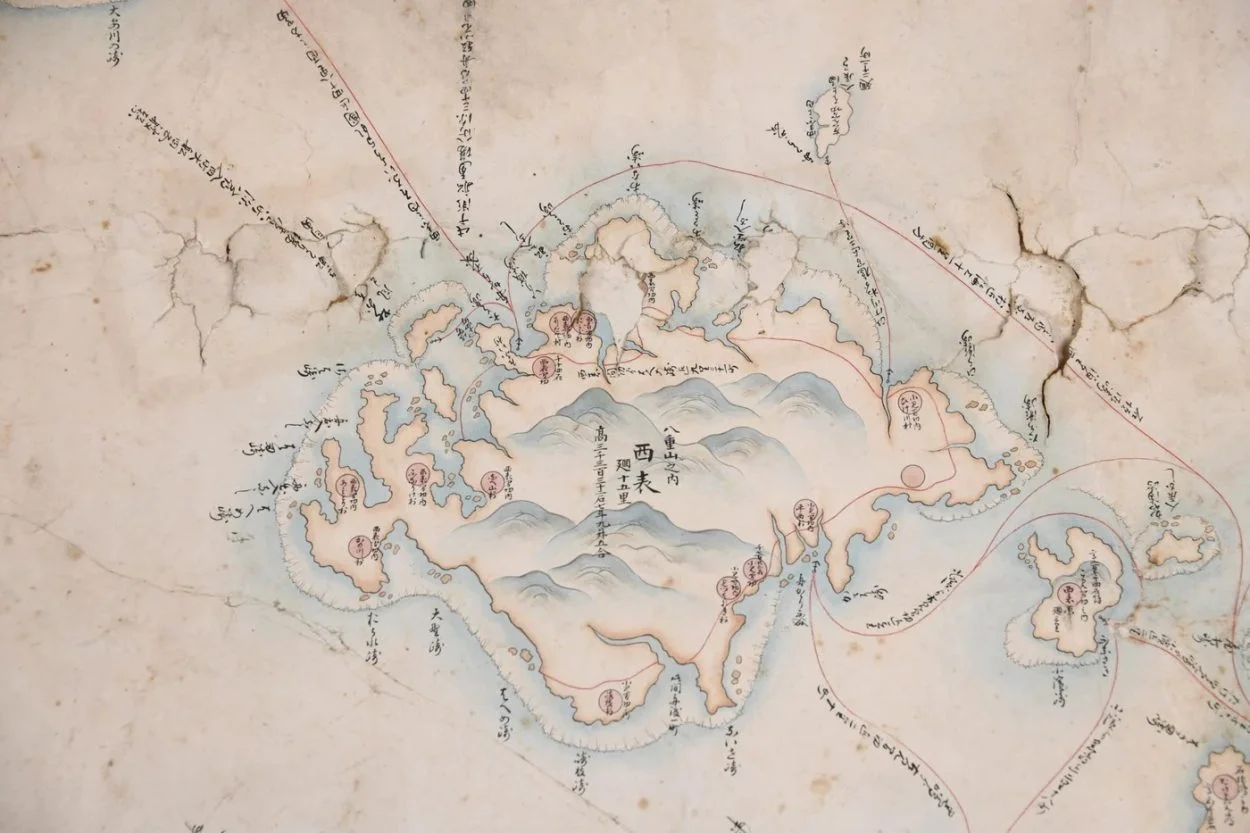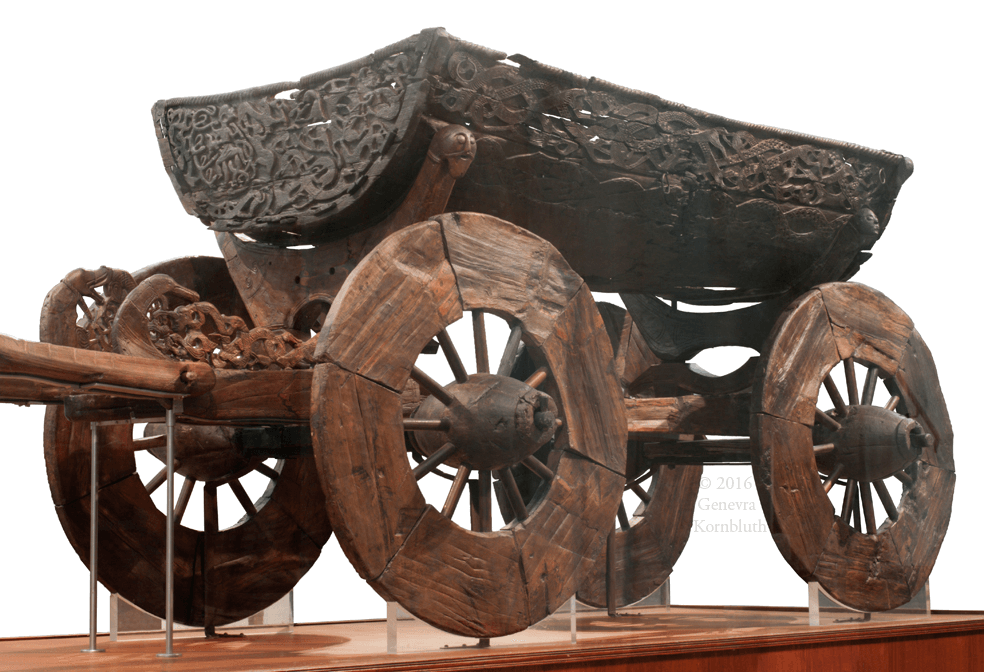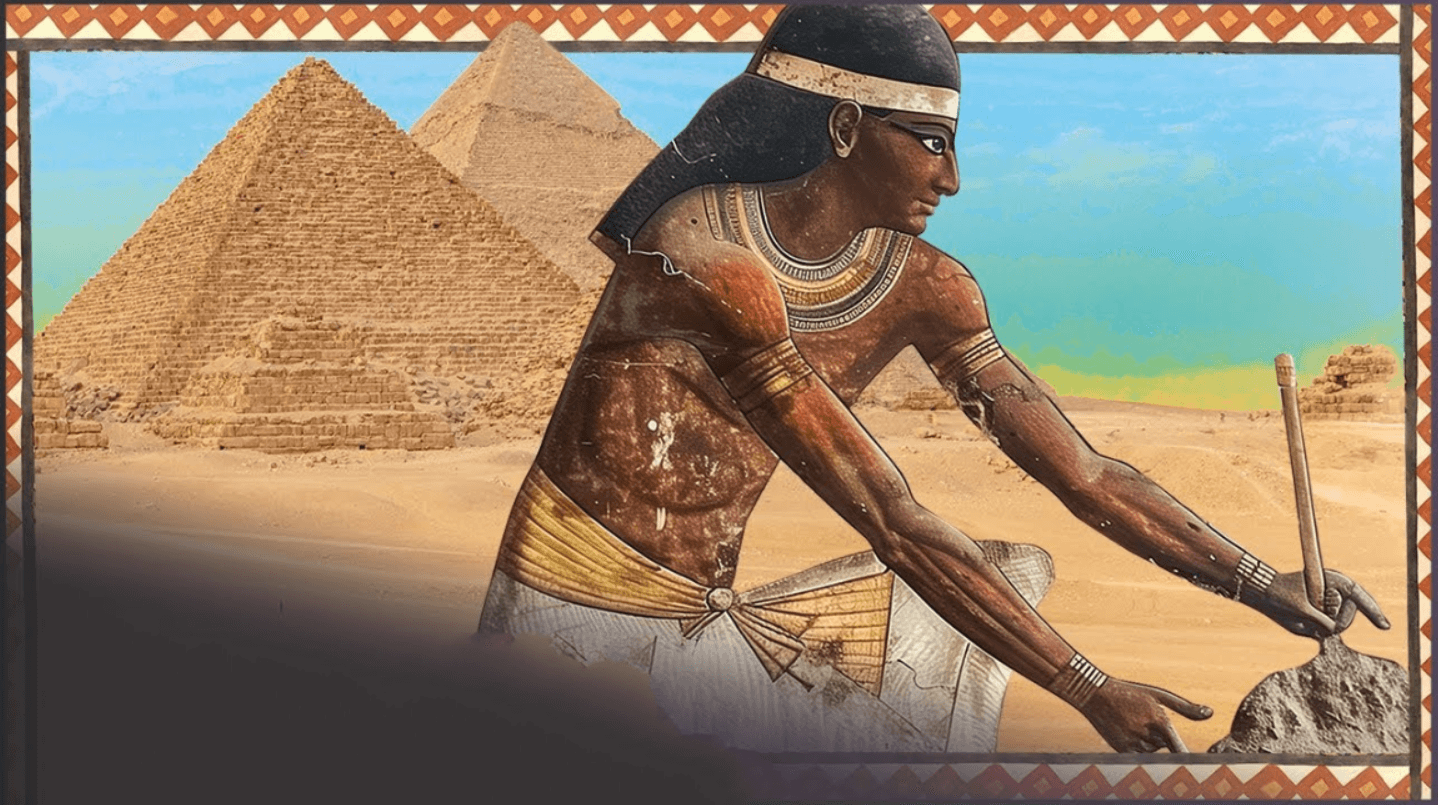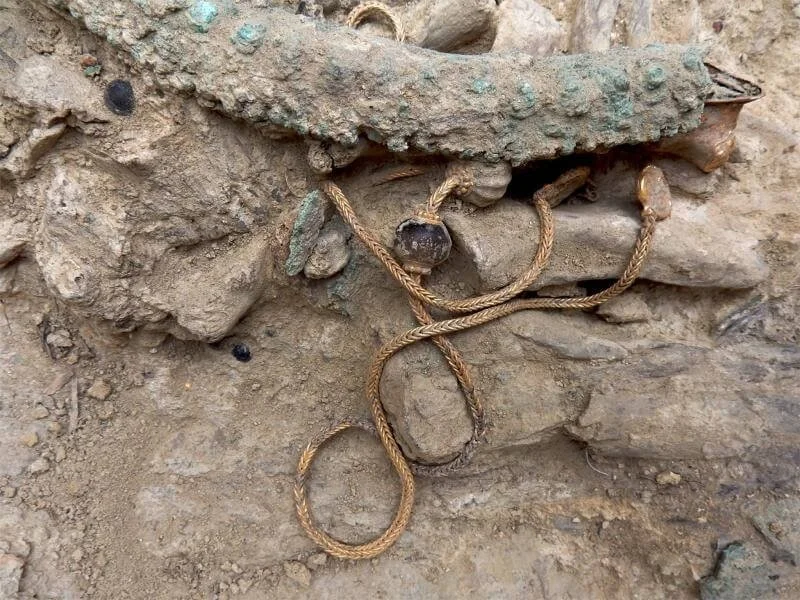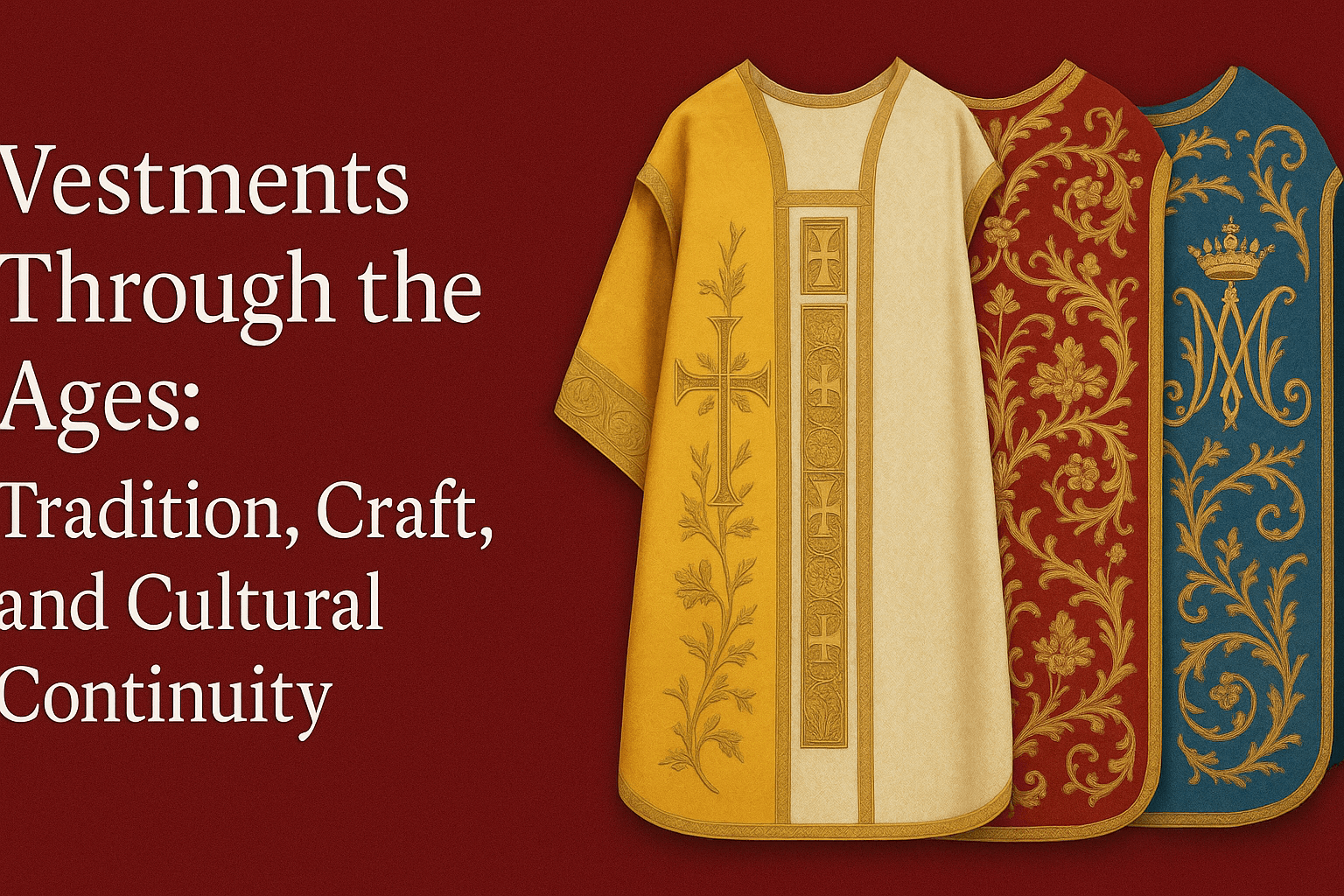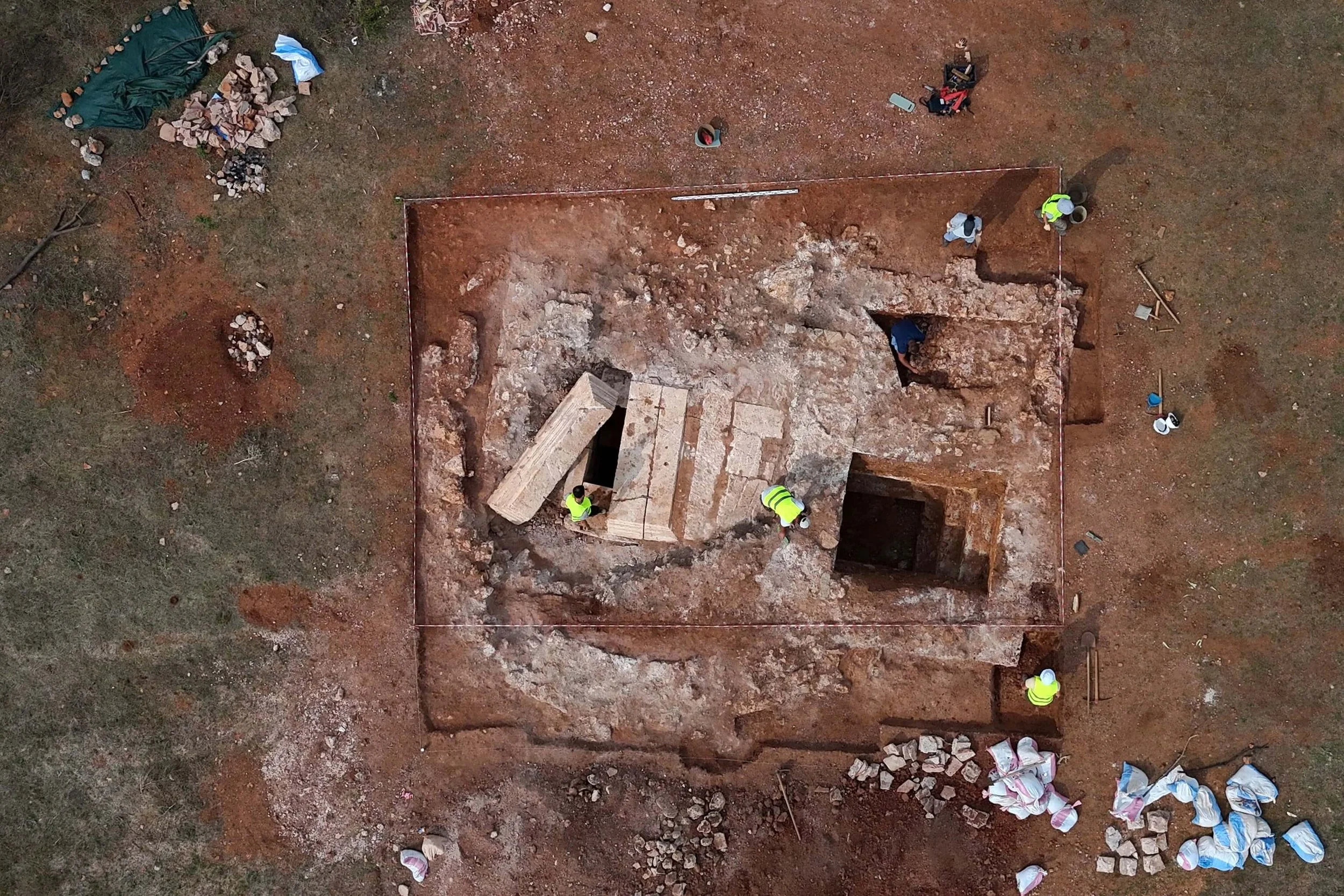This comprehensive list of 100 ancient Persian names provides a rich tapestry of history, culture, and mythology from one of the world's most storied civilizations. Each name, boldly presented with its meaning, evokes images of legendary rulers, noble warriors, divine beings, and influential figures who shaped the course of Persian history.
From the great conquerors like Cyrus and Darius to the mythical heroes like Rostam and Jamshid, these names resonate with tales of bravery, wisdom, and resilience. Moreover, the inclusion of deities such as Mithra and Anahita highlights the spiritual and religious beliefs that were central to ancient Persian society. Whether drawn from historical records, epic poems, or religious texts, these names serve as a testament to the enduring legacy of the Persian people and their contributions to the world. Through this exploration, one can glimpse into the rich heritage and cultural depth of ancient Persia, where each name carries a story waiting to be discovered and cherished.
Cyrus: Meaning "throne" or "far-sighted." Cyrus the Great founded the Achaemenid Empire and is known for his tolerance and humanitarian policies.
Darius: Meaning "possessor" or "rich." Darius I expanded the Persian Empire to its greatest extent and organized it administratively.
Xerxes: Meaning "ruler over heroes." Xerxes I famously led the Persian invasion of Greece, including the battles of Thermopylae and Salamis.
Artaxerxes: Meaning "the great warrior king." Artaxerxes I, II, and III were notable rulers, with Artaxerxes II presiding over a period of relative stability.
Cambyses: Meaning "protector of the shrine." Cambyses II succeeded his father Cyrus, expanding the empire further into Egypt.
Atossa: Meaning "noble." Atossa was the daughter of Cyrus the Great and wife of Darius the Great, known for her influence.
Roxana: Meaning "little star" or "dawn." Roxana was the wife of Alexander the Great, daughter of a Bactrian nobleman.
Arsaces: Meaning uncertain. Arsaces I founded the Parthian Empire and took the royal name Arsaces.
Mithridates: Meaning "gift of Mithra." Several Persian rulers bore the name Mithridates, known for their resistance against foreign invaders.
Pharnaces: Meaning uncertain. Pharnaces I was a notable ruler of Pontus, known for his military campaigns.
Ariobarzanes: Meaning "exalting the Aryans." Ariobarzanes I was a Persian satrap of Phrygia, known for his loyalty to the Persian Empire.
Bardiya: Meaning uncertain. Bardiya, also known as Smerdis, was a controversial figure in Persian history, with some claiming he was an impostor.
Hystaspes: Meaning uncertain. Hystaspes was the father of Darius the Great and a prominent Persian nobleman.
Mazaeus: Meaning uncertain. Mazaeus was a Persian nobleman who served as satrap of Cilicia under the Achaemenid Empire.
Tigranes: Meaning "tiger." Tigranes II was a king of Armenia who established an independent kingdom.
Orontes: Meaning uncertain. Several Persian noblemen bore the name Orontes, known for their roles in various political events.
Bagadata: Meaning uncertain. Bagadata was a Persian general who served under Darius III during the wars against Alexander the Great.
Phraortes: Meaning uncertain. Phraortes was a king of Media who rebelled against the Assyrian Empire.
Hydarnes: Meaning uncertain. Hydarnes was a Persian nobleman and one of the Seven Persians who conspired to overthrow the Magian usurper, Gaumata.
Masistes: Meaning uncertain. Masistes was a brother of Darius the Great and a notable figure in Persian history.
Memnon: Meaning uncertain. Memnon was a Greek mercenary who served under the Persian Empire during the Greco-Persian Wars.
Mardonius: Meaning uncertain. Mardonius was a Persian general who led the Persian forces against the Greeks at the Battle of Marathon.
Mazares: Meaning uncertain. Mazares was a Persian general who led campaigns against the rebellious Lydians and Ionians.
Megabyzus: Meaning uncertain. Megabyzus was a Persian nobleman and general who played a significant role in various military campaigns.
Nebuchadnezzar: Meaning "Nebo, protect my boundary." Nebuchadnezzar II was a king of Babylon who conquered Jerusalem and exiled the Jews to Babylon.
Narses: Meaning uncertain. Narses was a Persian nobleman who served as a general under the Sassanian Empire.
Pharnabazus: Meaning uncertain. Pharnabazus II was a Persian satrap who played a prominent role in the Peloponnesian War.
Spitamenes: Meaning uncertain. Spitamenes was a Sogdian nobleman who led a rebellion against Alexander the Great in Central Asia.
Tiridates: Meaning "given by the god Tir." Tiridates III was a king of Armenia who converted to Christianity under the influence of Saint Gregory the Illuminator.
Vahyazdata: Meaning uncertain. Vahyazdata was a Persian prince who rebelled against Darius the Great but was ultimately defeated.
Zopyrus: Meaning uncertain. Zopyrus was a Persian nobleman who played a crucial role in the capture of Babylon by Darius the Great.
Zoroaster: Meaning uncertain. Zoroaster was the founder of Zoroastrianism, the ancient Persian religion.
Abradatas: Meaning uncertain. Abradatas was a Persian nobleman known for his loyalty to the Achaemenid kings.
Achaemenes: Meaning uncertain. Achaemenes was a legendary figure in Persian history, considered the ancestor of the Achaemenid dynasty.
Adur Burzen-Mihr: Meaning "victory by fire and Mithra." Adur Burzen-Mihr was a Zoroastrian deity associated with the sun and fire.
Ardumanish: Meaning uncertain. Ardumanish was a Persian nobleman known for his wisdom and counsel to the kings.
Armina: Meaning "from Armenia." Armina was a Persian princess known for her beauty and intelligence.
Artasyras: Meaning uncertain. Artasyras was a Persian nobleman who served as treasurer under the Achaemenid kings.
Aspabes: Meaning uncertain. Aspabes was a Persian general who fought against the Greeks during the Greco-Persian Wars.
Astyages: Meaning uncertain. Astyages was a king of Media who was overthrown by Cyrus the Great, leading to the rise of the Achaemenid Empire.
Avesta: Meaning "holy text." Avesta is the sacred scripture of Zoroastrianism, containing hymns and teachings attributed to Zoroaster.
Bagoas: Meaning "eunuch." Bagoas was a eunuch who rose to power as a favorite of the Persian kings, including Alexander the Great.
Bistun: Meaning uncertain. Bistun is a historical site in Iran where Darius the Great's inscription recounts his rise to power.
Dariush: Meaning "possessor" or "rich." Dariush is a variant of the name Darius, commonly used in Persian culture.
Fravash: Meaning "guardian spirit." Fravash is a term in Zoroastrianism referring to guardian spirits or ancestral souls.
Gaumata: Meaning uncertain. Gaumata was an impostor who claimed to be the brother of Cambyses and briefly usurped the Persian throne.
Gobryas: Meaning uncertain. Gobryas was a Persian nobleman who played a key role in the overthrow of the Babylonian Empire.
Gopatshah: Meaning uncertain. Gopatshah was a Persian king known for his patronage of the arts and architecture.
Harpagus: Meaning uncertain. Harpagus was a Persian general who played a significant role in the overthrow of Astyages and the rise of Cyrus the Great.
Kambujiya: Meaning "protector of the shrine." Kambujiya is a variant of the name Cambyses, commonly used in Persian culture.
Khorasani: Meaning "from Khorasan." Khorasani refers to someone from the region of Khorasan in northeastern Iran, known for its historical significance.
Khurshed: Meaning "sunshine." Khurshed is a Persian name meaning "sun," symbolizing brightness and warmth.
Kusha: Meaning "son of Rama." Kusha was a legendary figure in Persian mythology, considered one of the ancestors of the Persian people.
Mah-Afroz: Meaning "moonlight." Mah-Afroz is a Persian name meaning "moonlight," symbolizing beauty and serenity.
Mithra: Meaning "friend" or "contract." Mithra was a Zoroastrian deity associated with the sun, justice, and oaths.
Nakhchirvan: Meaning uncertain. Nakhchirvan was a Persian king known for his wisdom and justice, celebrated in Persian folklore.
Navid: Meaning "good news" or "announcement." Navid is a Persian name meaning "good news" or "announcement," often given to boys born during auspicious times.
Ormazd: Meaning "wise lord." Ormazd is a variant of the name Ahura Mazda, the supreme deity in Zoroastrianism.
Parsa: Meaning "Persia." Parsa is an ancient name for Persia, referring to the heartland of the Persian Empire.
Parthia: Meaning "land of the Parthians." Parthia was an ancient Iranian kingdom located in northeastern Iran, known for its conflicts with Rome.
Persepolis: Meaning "Persian city." Persepolis was the ceremonial capital of the Achaemenid Empire, known for its impressive architecture and reliefs.
Pirooz: Meaning "victorious." Pirooz is a Persian name meaning "victorious," symbolizing success and triumph.
Rakhsha: Meaning "guardian" or "protector." Rakhsha is a Persian name meaning "guardian" or "protector," often given to strong and courageous individuals.
Rostam: Meaning uncertain. Rostam is a legendary hero in Persian mythology, known for his strength, bravery, and loyalty.
Saman: Meaning "calm" or "tranquil." Saman is a Persian name meaning "calm" or "tranquil," often associated with peace and serenity.
Shapur: Meaning uncertain. Shapur is a Persian name meaning "son of the king," often given to royalty or nobility.
Sogdiana: Meaning "land of the Sogdians." Sogdiana was an ancient Iranian region located in Central Asia, known for its strategic importance.
Sorush: Meaning uncertain. Sorush is a Persian name meaning "messenger" or "angel," often associated with divine guidance and wisdom.
Suren: Meaning uncertain. Suren was a noble family in ancient Persia, known for their loyalty to the Persian kings.
Tahmasp: Meaning "king of the crown." Tahmasp was a Persian king of the Safavid dynasty, known for his patronage of the arts and literature.
Tirdad: Meaning "gift of God." Tirdad is a Persian name meaning "gift of God," symbolizing divine blessings and favor.
Ushahin: Meaning "swift as an eagle." Ushahin is a Persian name meaning "swift as an eagle," often associated with speed and agility.
Vahid: Meaning "unique" or "peerless." Vahid is a Persian name meaning "unique" or "peerless," often given to individuals with exceptional qualities.
Vistahm: Meaning uncertain. Vistahm was a Persian nobleman who rebelled against the Umayyad Caliphate in the early Islamic period.
Yervand: Meaning uncertain. Yervand is a Persian name meaning "young warrior," often given to brave and courageous individuals.
Zarathustra: Meaning "golden camel." Zarathustra is the Persian prophet who founded Zoroastrianism, one of the world's oldest monotheistic religions.
Anahita: Meaning "immaculate" or "untainted." Anahita is a Persian goddess of fertility, water, and wisdom, revered in ancient Persian religion.
Ardashir: Meaning "whose reign is through righteousness." Ardashir I was the founder of the Sassanian Empire, known for his military campaigns and administrative reforms.
Artabanus: Meaning uncertain. Artabanus was a name borne by several Persian kings and noblemen throughout history.
Azarmidokht: Meaning "daughter of the holy spirit." Azarmidokht was a queen of the Sassanian Empire, known for her patronage of Zoroastrianism.
Bahman: Meaning "good mind" or "virtuous thought." Bahman is a Persian name meaning "good mind" or "virtuous thought," often associated with wisdom and intelligence.
Bahram: Meaning "victorious" or "conqueror." Bahram is a Persian name meaning "victorious" or "conqueror," often given to strong and powerful individuals.
Farangis: Meaning uncertain. Farangis is a Persian name meaning "angelic" or "divine," often given to individuals with a serene and graceful presence.
Faravahar: Meaning uncertain. Faravahar is a symbol of Zoroastrianism representing the divine guardian spirit or fravashi.
Farhad: Meaning uncertain. Farhad is a Persian name meaning "happiness" or "joy," often associated with positivity and optimism.
Fariborz: Meaning uncertain. Fariborz is a Persian name meaning "fortunate" or "blessed," often given to individuals with good luck and prosperity.
Farrokh: Meaning uncertain. Farrokh is a Persian name meaning "fortunate" or "auspicious," often associated with positive outcomes and success.
Farrukhzad: Meaning uncertain. Farrukhzad is a Persian name meaning "fortunate" or "blessed," often given to individuals with good fortune and prosperity.
Giv: Meaning uncertain. Giv is a legendary hero in Persian mythology, known for his bravery and valor in battle.
Homayoun: Meaning uncertain. Homayoun is a Persian name meaning "fortunate" or "blessed," often given to individuals with good luck and prosperity.
Hormoz: Meaning uncertain. Hormoz is a Persian name meaning "fortunate" or "auspicious," often associated with positive outcomes and success.
Jamshid: Meaning uncertain. Jamshid is a legendary king in Persian mythology, known for his wisdom and enlightenment.
Khodadad: Meaning "gift of God." Khodadad is a Persian name meaning "gift of God," symbolizing divine blessings and favor.
Khosrow: Meaning uncertain. Khosrow I was a king of the Sassanian Empire, known for his military campaigns and cultural patronage.
Manuchehr: Meaning uncertain. Manuchehr is a legendary king in Persian mythology, known for his wisdom and justice.
Mehrdad: Meaning uncertain. Mehrdad is a Persian name meaning "gift of the sun," symbolizing warmth and brightness.
Mihragan: Meaning uncertain. Mihragan is a Zoroastrian festival celebrating the deity Mithra, associated with the sun and light.
Narsin: Meaning uncertain. Narsin is a Persian name meaning "victorious" or "triumphant," often given to individuals with success and achievement.
Parviz: Meaning uncertain. Parviz is a Persian name meaning "fortunate" or "blessed," often associated with good luck and prosperity.
Sasan: Meaning uncertain. Sasan is a Persian name derived from the Sassanian dynasty, known for its cultural and military achievements.
Each name carries its own significance and history in Persian culture and history. Let me know if you'd like more information on any particular name!



